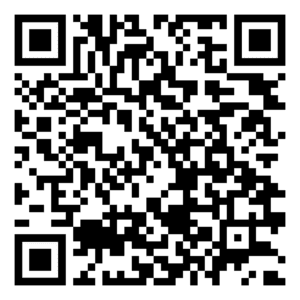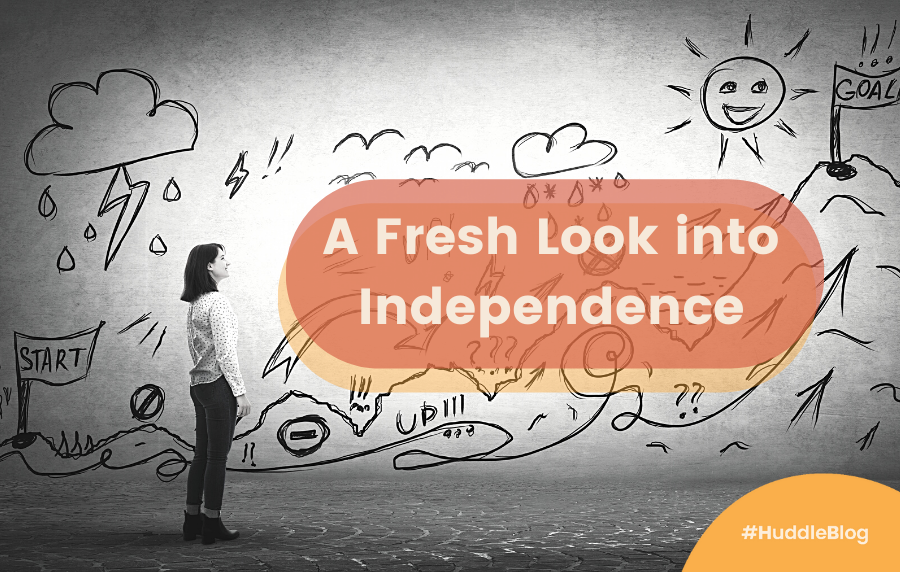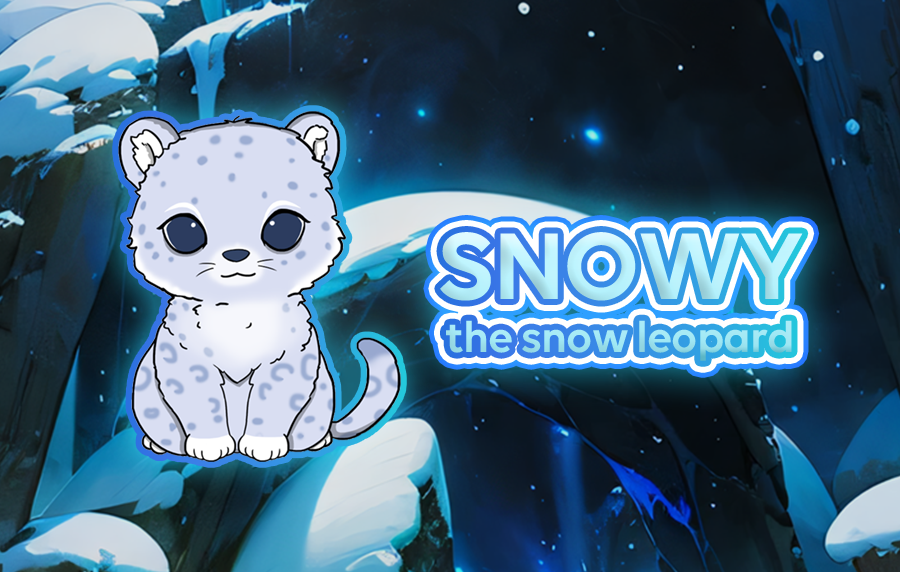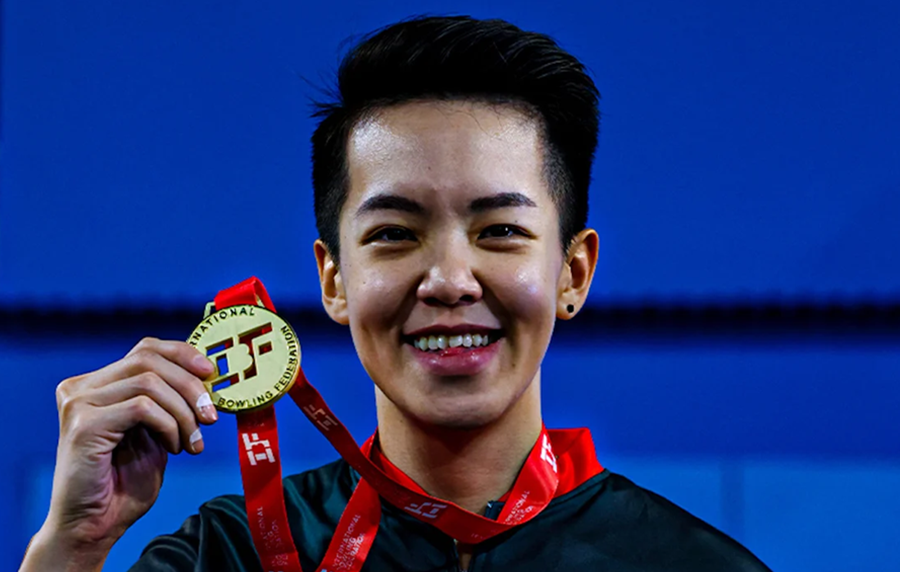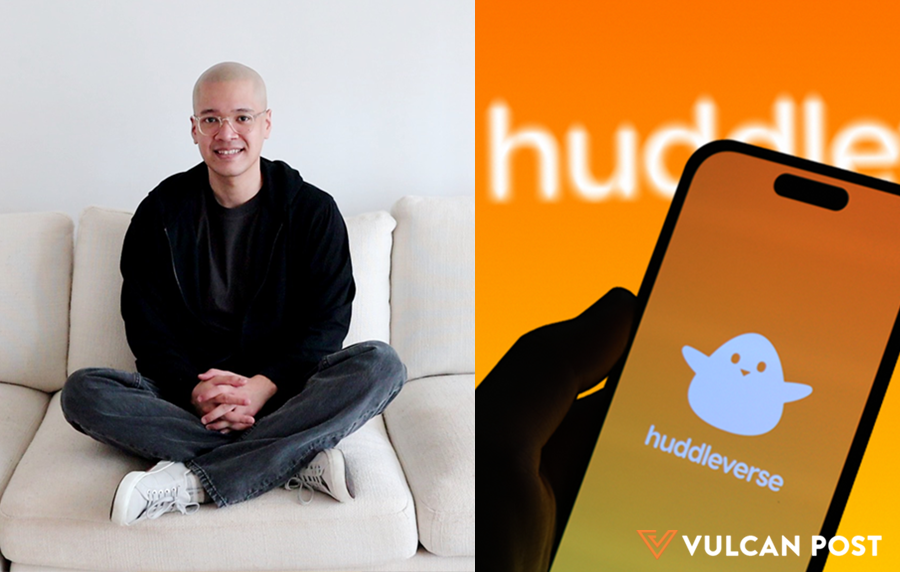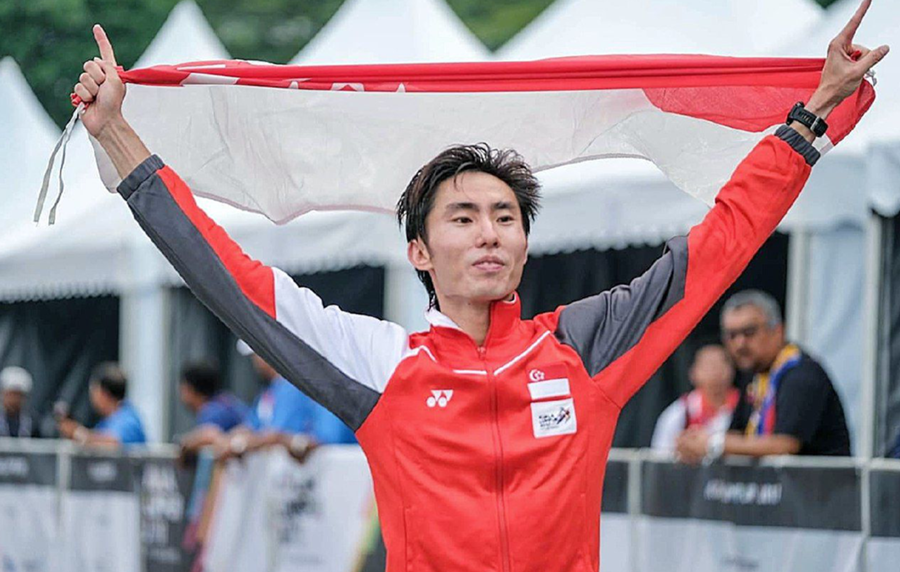- Remember a time when you have to choose between your needs and the needs of the people you care about. If we choose to fulfill our own needs, we risk the safety of our important relationships. If we choose to fulfill the needs of others, we risk the authenticity of our individuality. We are caught in a dilemma.
This article is written with an intention to create awareness and explore why that happens. I don’t have a perfect answer but I do believe in asking the right questions, we can begin moving towards the right direction. Right questions leads us to new perspectives and new perspectives help us to create new meaning around our lives. New meaning leads us to creative solutions.
Let’s explore.
What we thought we want vs. What we truly want
There is an expectation when we are grown up. We should be able to survive on our own as an adult. In the context of modern city culture, it is paying for our own food, rent, utilities, and other basic needs. Societal structures and education institutions are set up so that we can eventually be competent adults who are fully autonomous and self-sufficient. This is what we understand as independence.
However, what we thought we want is not what we truly want.
In the similar process of independence, we are creating driven and competitive individuals who are seeing each other as separate. Adopting the ‘survival of the fittest’ perspective, we hustle and we struggle. We assume that we have to resolve all Life difficulties on our own. Glorifying self-hustle and emphasizing that success is self-made, deepen this separation. We unintentionally cultivate individuals who are both afraid to ask and to offer help and support. We start to see dependency as weak and dysfunctional. Consequently, we unintentionally create counter-dependency.
This situation gives parents a dilemma in educating their children. If we over-challenge our children, they become self-autonomous and self-sufficient, which at the same time can become chronic and obsessive over-achievers. If we over-support our children, they become empathic and relational but at the same time, they can become doubtful and overly-dependent adults. Parents wishes for their children to be fully autonomous but are afraid to lose their connection to their children. As a result, mix messages are being communicated to their children — they want their children to grow up but at the same time, holding them back by treating them like a child.
What we truly want is this:
To be autonomous and self-sufficient human beings and simultaneously able to embrace healthy dependency with one another.
If yes, how?
Counterdependency vs Interdependency
Overemphasizing independence can fall into the trap of counterdependency. There is also another route we can take to develop independence and that is to include interdependency. To make that shift we have to stop seeing independence as a way of life. Instead, the main intention is to cultivate skills of independence which is being self-reliant, as well as cultivating skills of healthy relating and communication. Being able to diffuse our differences within our relationships and finding the common ground is essential to build interdependency.
Here is a comparison chart that can begin reframing how we see our sense of self simultaneously building bridges with others:
Interdependency’s worldview is to see others as an extension of the self. This is the ecological self (eco-centric). With such worldview, the mindset is ‘both-and-beyond’. The intention of this mindset is to look for the unexplored grey areas amidst the differences. Interdependency does not exclude the self or relinquish the ego but comes from a place of skillful self-reliance and healthy sense of self.
Skillful self-reliance develops a healthy sense of self-worth of ‘I am Enough’. This is acting from a place of wholeness and connectedness. Hence, we are able to ask for support as much as giving support. With mutual support, we grow and develop with the intention of co-creation and being inclusive. This allows us to exercise ‘power-within’ and see others as sovereign beings who have exactly the same power.
This connection allows for further collaboration and exercising ‘power-with’, together. The relationships cultivated here are empowering. We step into the role of creators of our own experiences, challenging each other’s blindspot, and empathetically supporting without spoon-feeding. The intention here is to serve the sovereign power within us rather than simply helping or fixing.
When you help, you see Life as weak.
When you fix, you see Life as broken.
When you serve, you see Life as whole.
~ Rachel Remen
As a result, we create safety and protection by recognizing our common humanity through a sense of belonging and camaraderie. With safe and healthy relationships, our embodiment is mirroring and reflective to each other.
Shifting Perception of the Self
There is no one-stop-solution or perfect choices when it comes to choosing our needs or the needs of others. However, maybe what we need is to reframe our perception of our sense of self and the world rather than a simple quick fix to resolve this dilemma. Instead of an ‘either-or’ mindset, we can discover new creative solutions through a ‘both-and-beyond’ mindset. I hypothesize that if we are willing to step into the paradigm of interdependency, we can finally transcend the destructive pendulum between self-pleasing and people-pleasing. We can create a win-win-win situation between our individuality, our relationships, and our environment.

